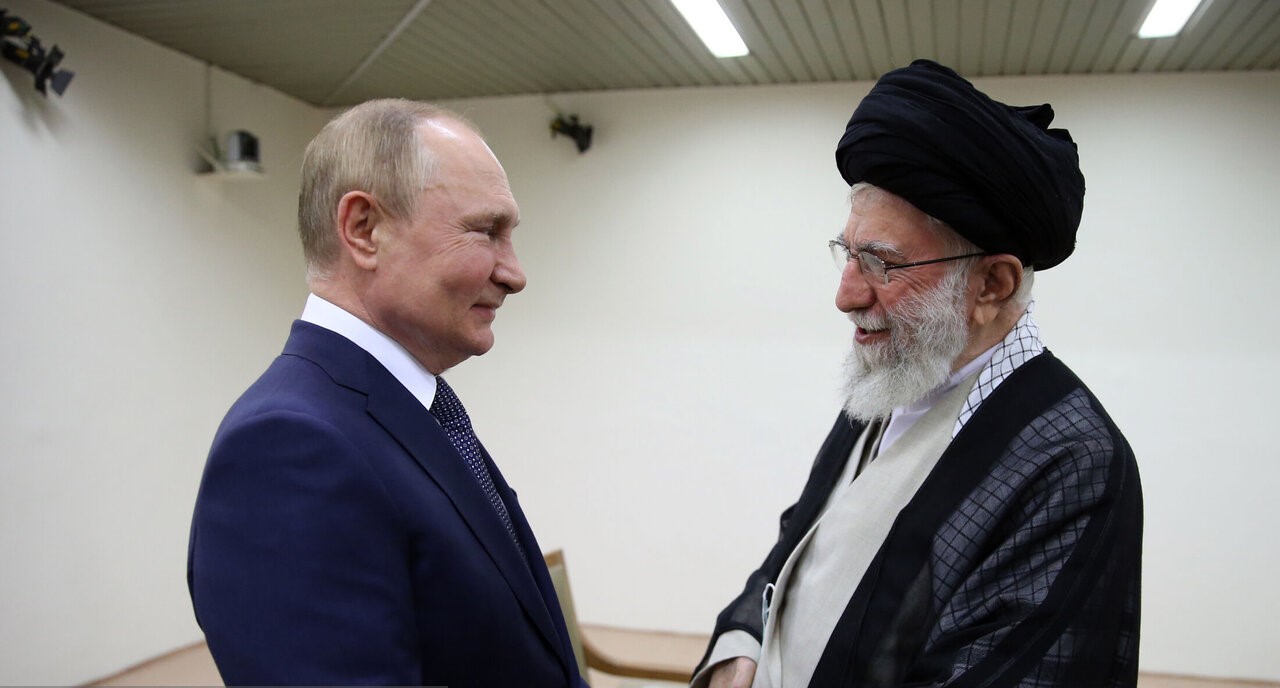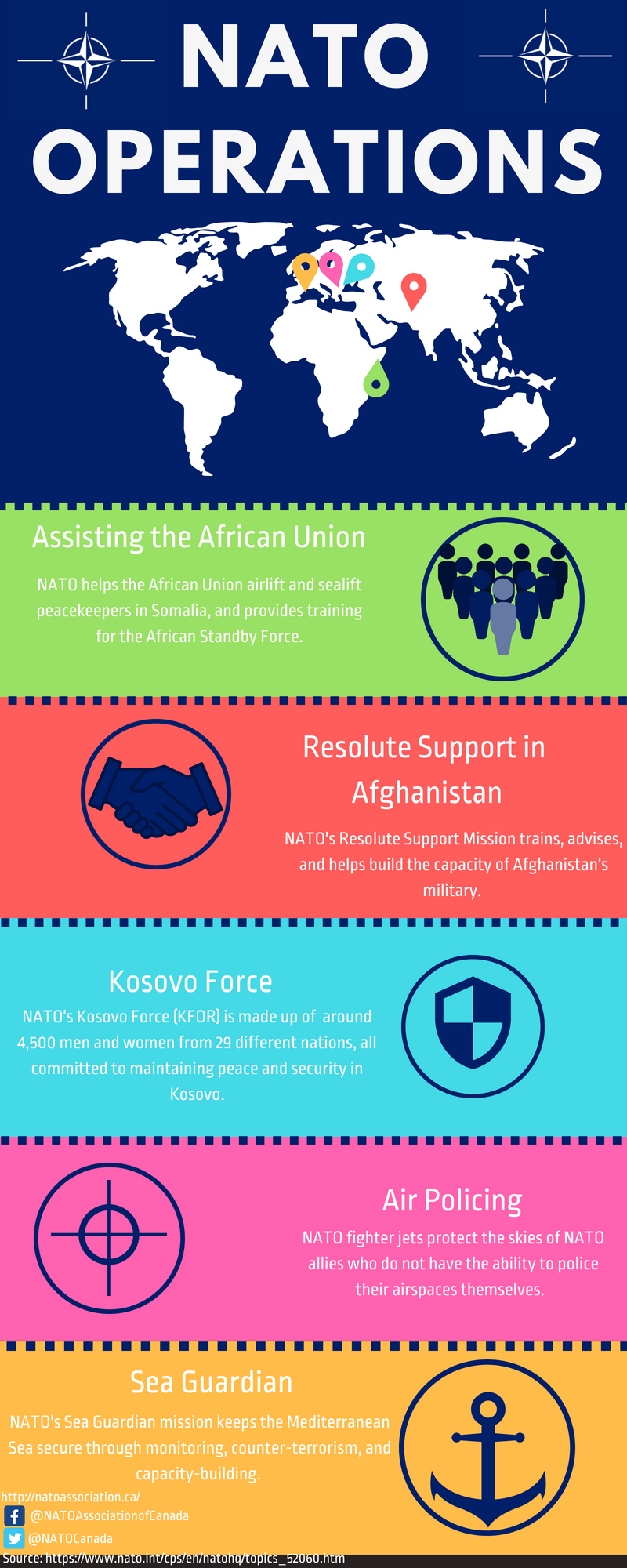How could such a tiny country delay the big agreement that is CETA?
Well, put it in the federation(-alism), and the socio-historical context of politics in Belgium, and there you have it.
However, instead of telling you “just remember it’s complicated”, like my high school teacher said to my fellow Belgian classmates legally aged to vote (we are obliged to vote at 18 in Belgium), we tried to make things easier for you with a simple infograph:

Photo: Angel & National Flag of Belgium, Martyrs’ Square – Place des Martyrs – Martelaarsplaats, Brussels, Belgium (2009), by Dr Les Sachs via Flickr. Licensed under CC 2.0.
Disclaimer: Any views or opinions expressed in articles are solely those of the authors and do not necessarily represent the views of the NATO Association of Canada.
-
Mégane Visette –editor of the Women in Security program– is a recent MA graduate in Political-Science and Asia-Pacific Studies. She has a BSc. in International studies from Université de Montréal (UdeM) in Quebec. She speaks English, French, and is learning Korean and Japanese. Mégane’s current research focuses on the soft power of North Korean refugee narratives, human security, and historical memory in transpacific relations. Having previously lived in Europe and South Korea, Mégane wishes to use her many research interests in policy-driven environments and academia, to give her input to changing discourses in IR. She presented a paper at the SAIS Johns Hopkins Asia Conference in April 2016, and was on the organizing committee for the Munk School of Global Affairs Graduate Conference, focusing on the concept of borders in flux. She’s currently on the editors’ team of the UTJPS Journal at the University of Toronto. Mégane can be reached at megane.visette@outlook.com
View all posts





